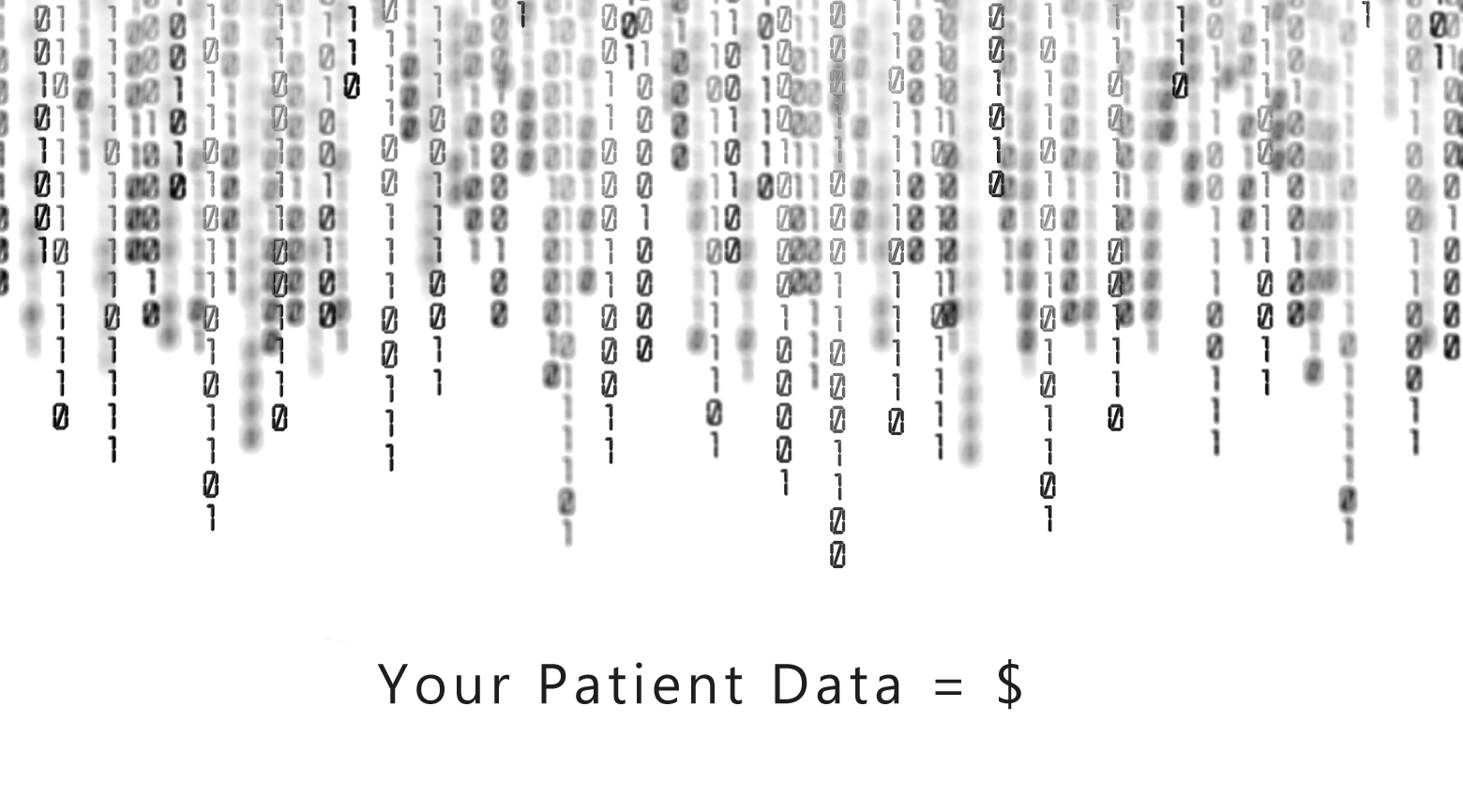
by medicaltechont | Oct 8, 2016 | eHealth, Privacy
The cash-strapped provincial government wants to cash in on the patient data collected by eHealth Ontario without compromising privacy or privatizing record-keeping.
The cash-strapped provincial government wants to cash in on the patient data collected by eHealth Ontario without compromising privacy or privatizing record-keeping.
With the controversial electronic health agency’s 10-year mandate expiring at the end of 2017, Queen’s Park is looking at what’s next for eHealth.
Health Minister Eric Hoskins on Friday asked Premier Kathleen Wynne’s privatization guru, Ed Clark, for help “in valuing public and private assets with respect to Ontario’s digital health strategy.”
“I would ask you to provide the government with a value assessment of Ontario’s digital health assets and all related intellectual property and infrastructure,” Hoskins wrote in an open letter to Clark.
Read more at https://www.thestar.com/news/queenspark/2016/10/07/liberals-want-to-know-cash-value-of-ehealth.html

by medicaltechont | Mar 15, 2014 | eHealth, EHR, Software
A Fredericton doctor says the province’s new electronic medical records system has created an uneven playing field.
Dr. Doug Varty was one of about 60 doctors who adopted electronic records before the new system was introduced.
He says he is out tens of thousands of dollars and hundreds of hours of work because the Department of Health and the New Brunswick Medical Society went with a program that no one was using.
In addition, Varty won’t be able to link to the provincial system, he said.
“That’s a very important part of any EMR is being able to download your data — you know, your lab reports, your X-ray reports, consultant reports and all those sorts of things, automatically, and in a timely fashion. And we’re being denied that,” Varty said.
Read more
by medicaltechont | Mar 31, 2010 | Uncategorized
The Liberal government has quietly scrapped a mandatory review of a new health bureaucracy.
Premier Dalton McGuinty says the legislative review, which was to have taken place by the end of March, was dropped because Ontario’s 14 Local Health Integration Networks (or LHINs) are not yet fully operational. The LHINs took effect on April 1, 2007.
“As it turns out, all of the responsibilities that we wanted the LHINs to take on, they have yet to take on,” he told the legislature.
“In particular, a big part of their new responsibilities would be long-term care (and they) have not yet done that.”
Progressive Conservative leader Tim Hudak said the review was much needed in light of a recent spending scandal at eHealth Ontario. Millions in untendered contracts were handed out at that agency, which was criticized as the worst-managed agency Auditor General Jim McCarter had ever seen.
Hudak contends health bureaucrats at various LHINs have handed out at least $7 million in untendered contracts. “I suspect Dalton McGuinty’s motivation is clear,” he said. “He does not want to have any more scrutiny of the growing rot at his LHINs, which resembles very much the kind of scandalous spending we saw at eHealth.”
The province designed LHINs to enable better local health planning and more local freedom in distributing health dollars to the neediest recipients. Ottawa is part of the Champlain LHIN, which co-ordinates and funds hospitals, community care access centres, addictions and mental health agencies, community support services, community health centres and long-term care homes across eastern Ontario. It is headed by Dr. Robert Cushman.
Read More
by medicaltechont | Mar 25, 2010 | Healthcare, Ontario MD, Technology
By Anne-Marie Tobin (CP) – Mar 24, 2010
TORONTO — As Donna Hammill-Chalk undergoes treatment for breast cancer, she can log onto the website at Sunnybrook Health Sciences Centre in Toronto, type in a username and secure password, and gain access to her medical records.
In Prince Edward Island, her mother, who was diagnosed with breast cancer in December, doesn’t have electronic records – but if they existed, it would be easier for her to share updates on her condition and treatment with her four grown children living in different parts of the world.
“Cancer – you lose all control and you can get some control back by having access to your information,” Hammill-Chalk said in an interview Wednesday from her home in Markham, Ont., where she is recovering from a mastectomy.
“I think in this day and age, patients need to take ownership and accountability for managing their own care. And you can’t do that if you don’t have the information.”
She tells her story in a report card on cancer, released by the Cancer Advocacy Coalition of Canada. The report also calls for more funding for cancer drugs, bans everywhere on smoking in cars with kids and more genetic testing so treatments can be targeted to those who will benefit.
Dr. Pierre Major, chair of the report card committee, said the electronic records system at Sunnybrook, known at MyChart, is the only one he’s aware of that’s available to cancer patients in Canada.
Physicians there have told him they’re happy with it, he said.
“It’s great because patients look up in their chart what the results are, and it saves phone calls. The patients are happy because they can access their results or even change their appointments.”
It’s something that Marlene Nicholson, who lives in Bedford, N.S., can only wish for as she helps her mother navigate the health-care system. She’s Hammill-Chalk’s sister, and has made the three-hour drive to Lower Freetown, P.E.I., on numerous occasions in recent months to support their 69-year-old mom, Margaret Hammill, during her medical appointments.
With one sister in Ontario, another in Bahrain, and a brother in California, she has to relay a lot of information, Nicholson said.
“When the siblings are at a distance, yes, it would be great to be able to just say ‘OK, go here’ or ‘Mom has a password’ or whatever it takes, or if we could send a file … everybody can have access to it.”
Read More



